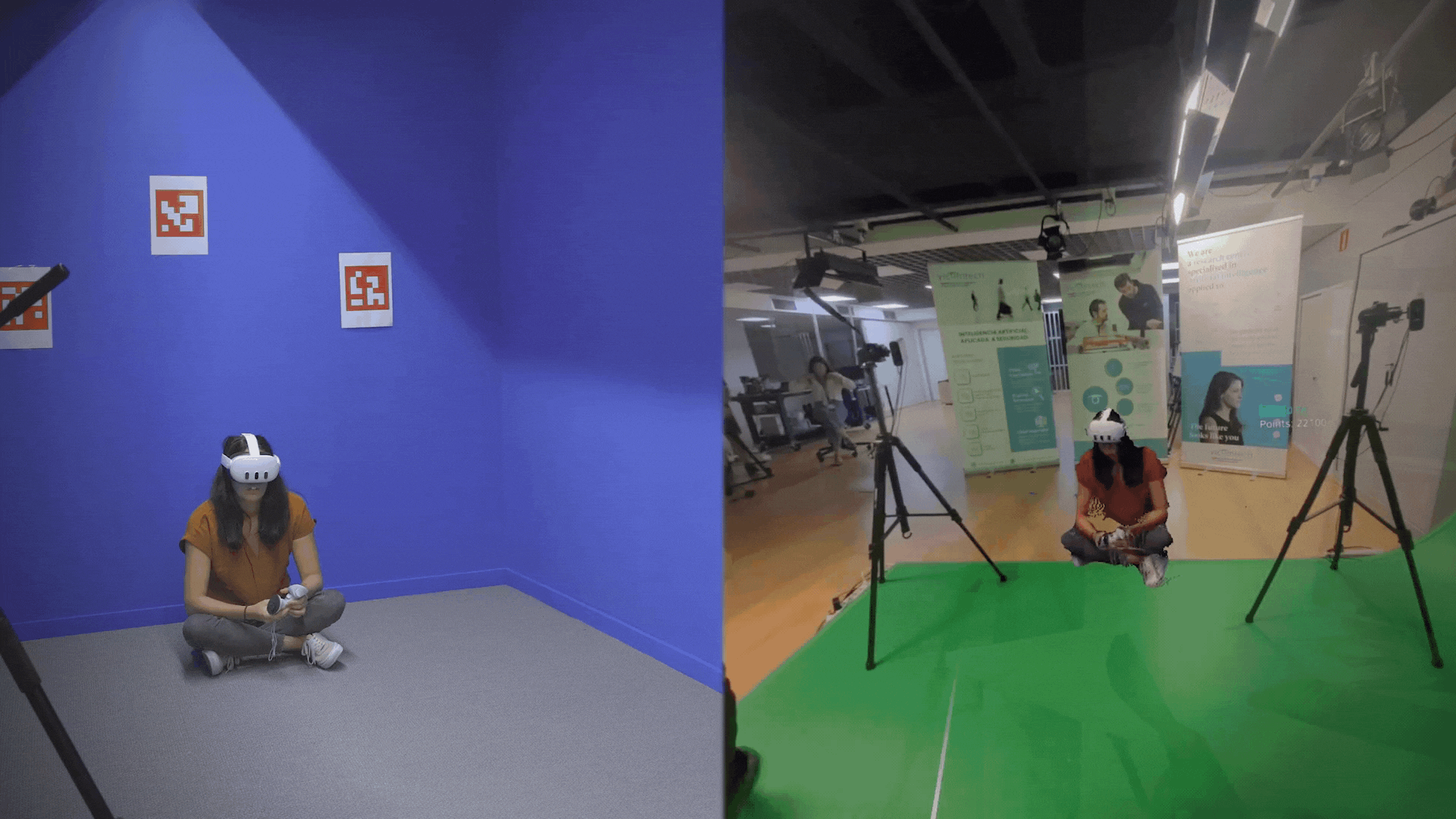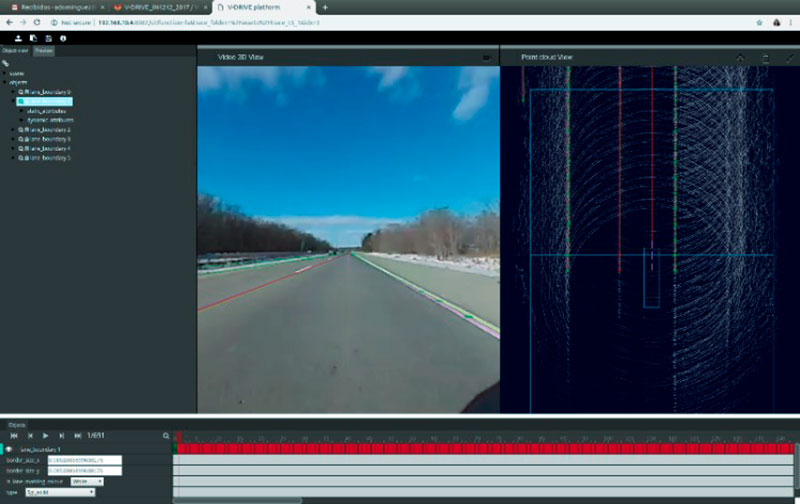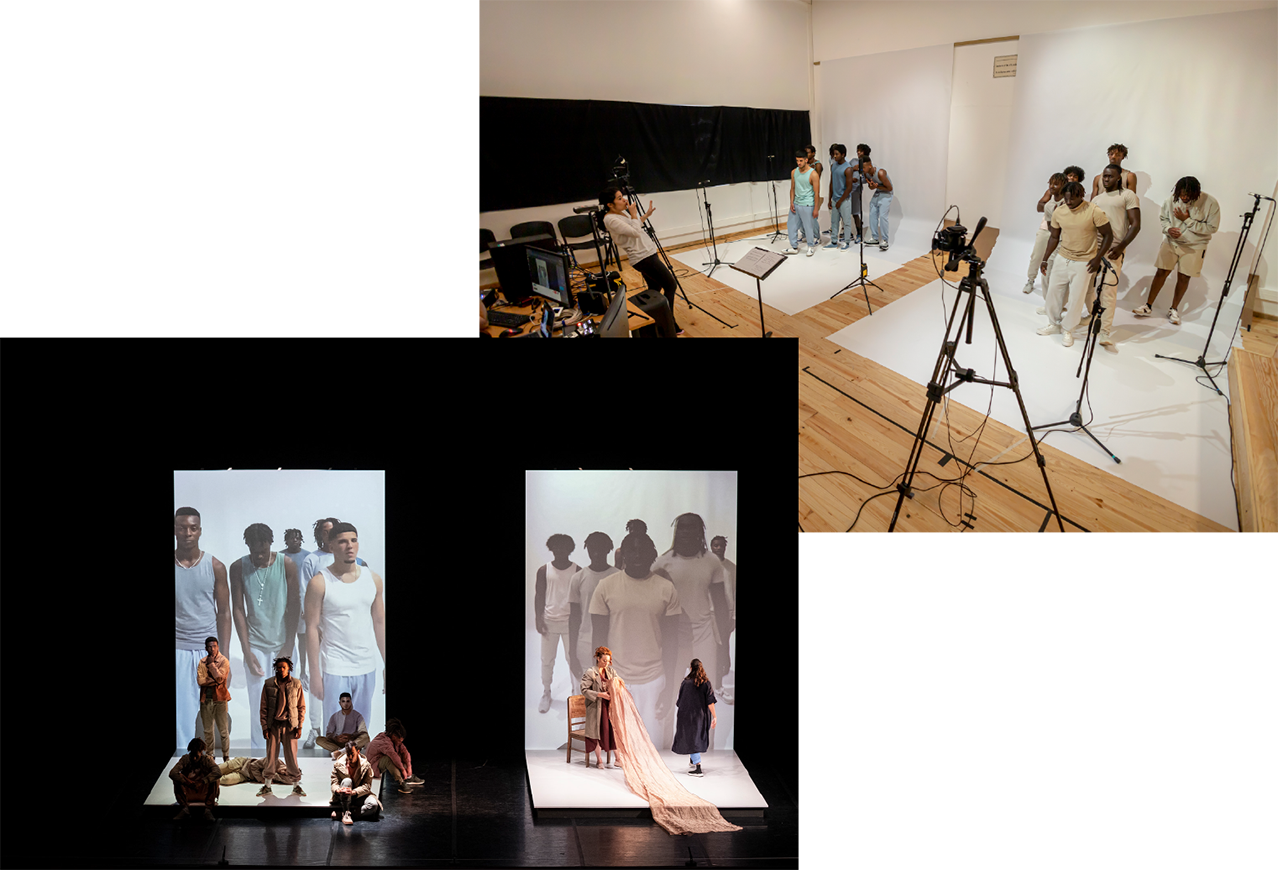Digital Media & Communications
Digital Media & Communications addresses technologies for both interaction with multimedia content, including orchestration between multiple screens and users, and immersive environments, and for multimedia flow management, including encoding, encryption and distribution of audiovisual content, offering pioneering solutions to maximize the Quality of Experience (QoE) on any channel, highlighting the new opportunities provided by 5G technologies.
Multimedia and 5G Distribution
Thanks to telecommunications networks, including the latest advances offered by 5G technologies, such as network virtualization and elements such as MEC (Multi-access Edge Computing), we research end-to-end solutions for the distribution of multimedia content in any environment, through dynamic network management, low-latency adaptive streaming technologies and adding intelligent control to the session to maximize the user experience and reduce costs for content providers.


Volumetric video capture, distribution and processing
The research focuses on using multiple cameras with depth information to generate a volumetric capture of a person or object, being able to distribute this content through communication networks in real time, and address scenarios such as holo-conferences, in which a group of people communicate and interact in an immersive environment, or scenarios such as the remote assistant, in which an expert can assist an industrial process from anywhere in the world to the operators who are physically present, as if he were also physically there.
Cloud Rendering Technologies
It covers technologies that create a server in the Cloud or at the edge of the network to generate a customized immersive rendering for a client, when the end device does not have enough power to render a complex scene. In this way, Cloud Rendering technologies generate a video stream with the specific view required by the end device through standard video protocols (such as WebRTC, MPEG-DASH or HLS) and add interaction channels so that the end device can move through the scene or interact with objects, and Cloud Rendering can, in real time, generate the appropriate view for each moment.


3D Media Visualisation and Interaction
Our team researches authoring tools for displaying 3D media content, which may require multiple video views, different audio tracks, images, point clouds and complex 3D models via Web technologies, offering optimized and tailored interfaces that enable interaction and synchronization of different multimedia elements. It addresses performance challenges of simultaneously displaying high volumes of video and data, while maintaining frame-level accuracy of all components.
Distributed and adaptive orchestration of multiple screens
These are technologies for device discovery and association, synchronization of multiple devices and adaptation of interfaces to each of them, offering distributed experiences across multiple screens at the same time. This is applicable to hybrid TV environments with second screens, to an industrial environment, where an operator makes decisions based on a control panel made up of multiple screens, or use cases in the Creative and Cultural Industries, where distributed experiences can be carried out in real time to facilitate performances in which artists are performing from multiple locations at the same place.

Success Story

- Publications
- Noteworthy Projects
Looking for support for your next project? Contact us, we are looking forward to helping you.







